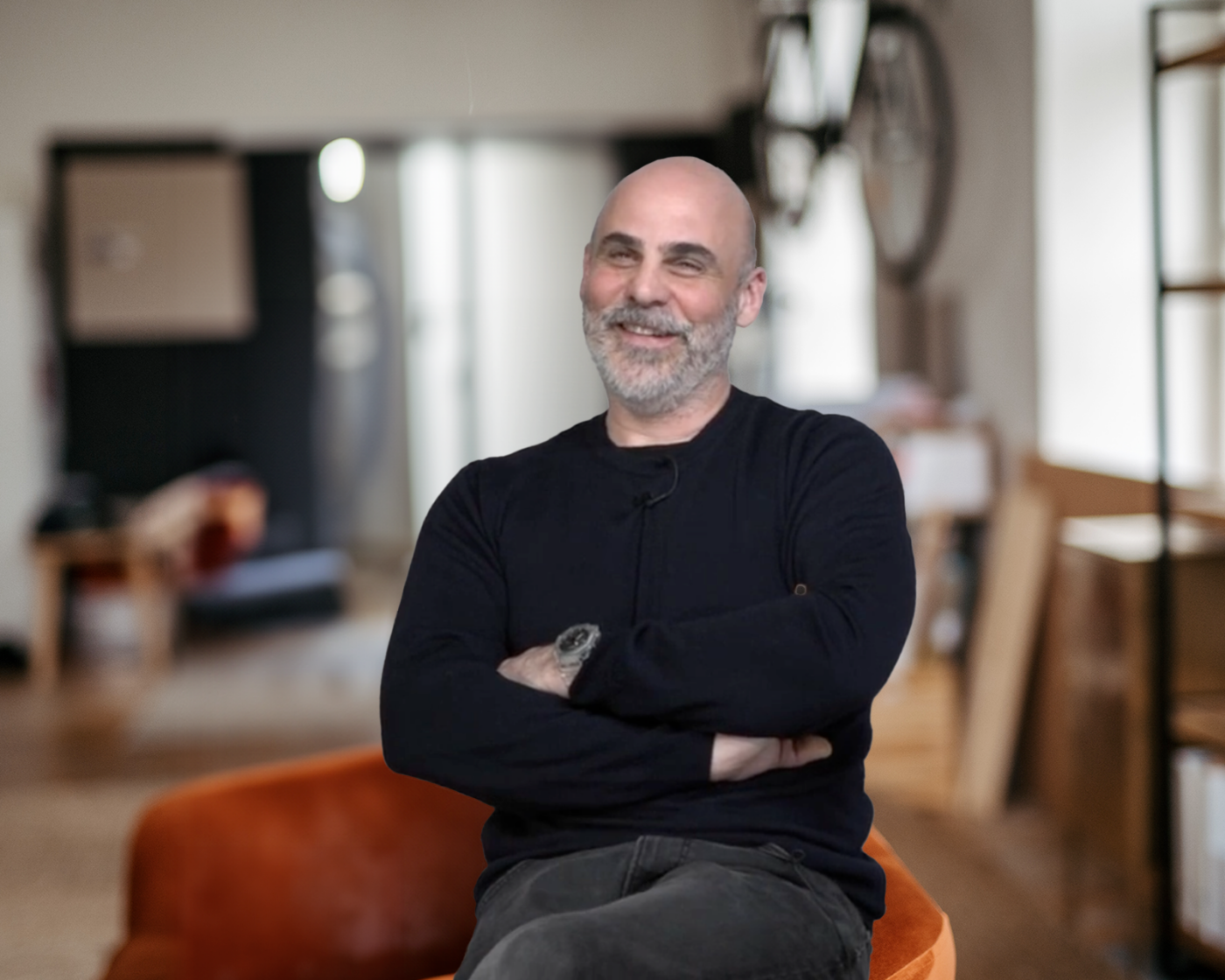Arguing for Spatial Intelligence

- Publish On 7 October 2021
- Jacques Lévy
At a time when the Covid-19 pandemic seems to have plunged cities around the globe into an unprecedented crisis, geographer Jacques Lévy reframes this questioning as forming part of a long tradition of criticism against urbanity, associated with the human quest for autonomy considered as proceeding from a culpable hubris. He doubts that there will be any lasting disaffection towards the city. To the contrary, he sees the opportunity to restore urbanity at the heart of urban territories via a combination of density and diversity, two unique drivers of creativity within cities. The founder of a multidisciplinary chair on spatial intelligence, he calls for a unified approach of social sciences and the implementation of processes of collective intelligence in order to co-produce public goods, and urban space in particular, thanks to the involvement of local citizens.
Soon available in open access.



